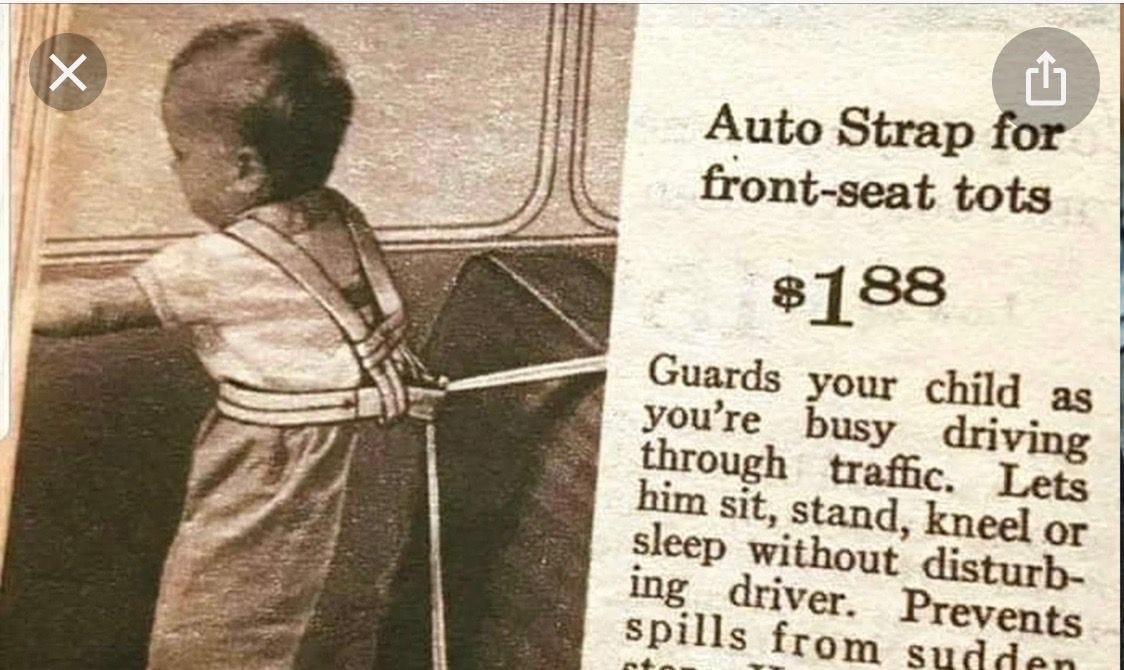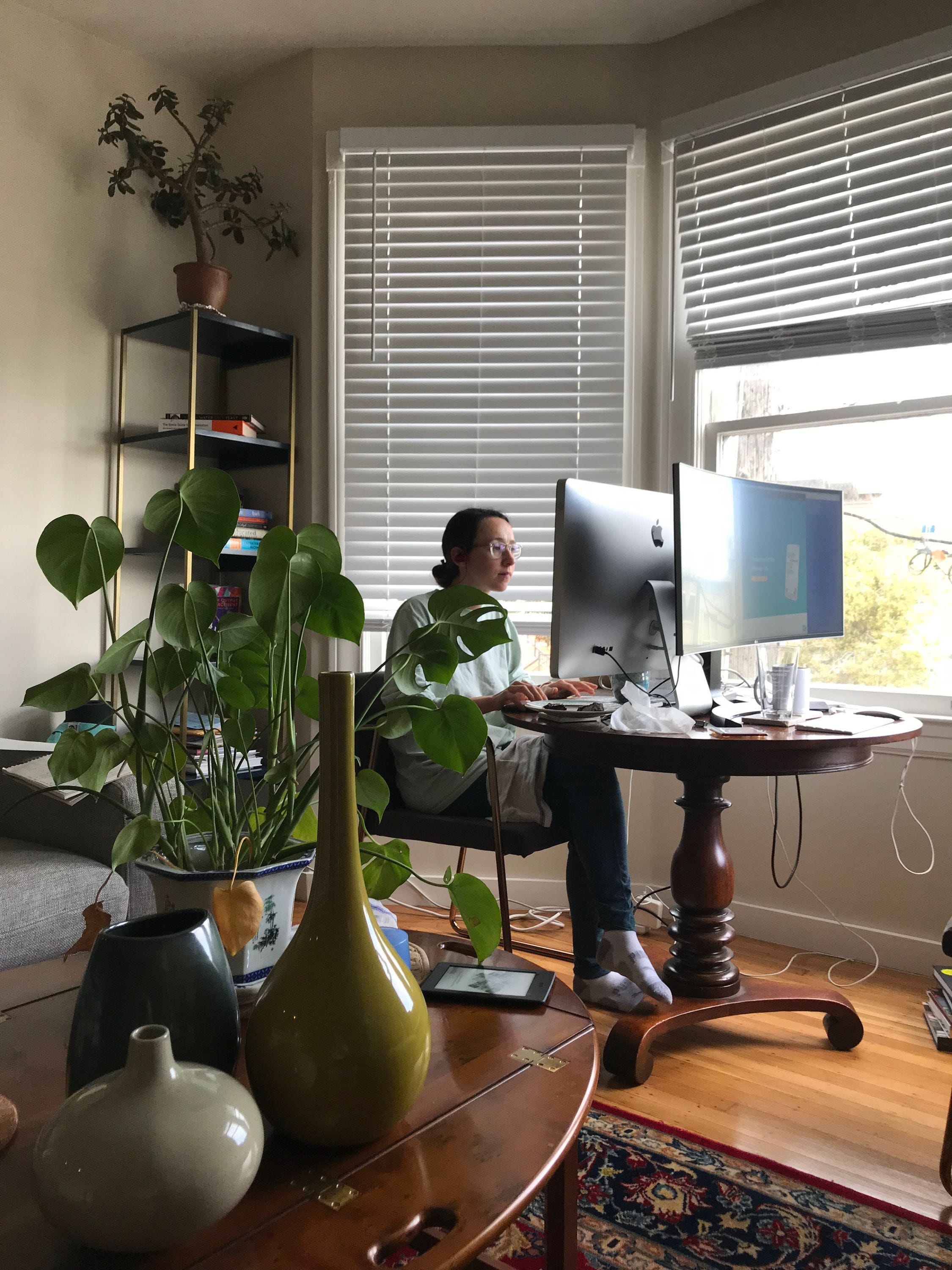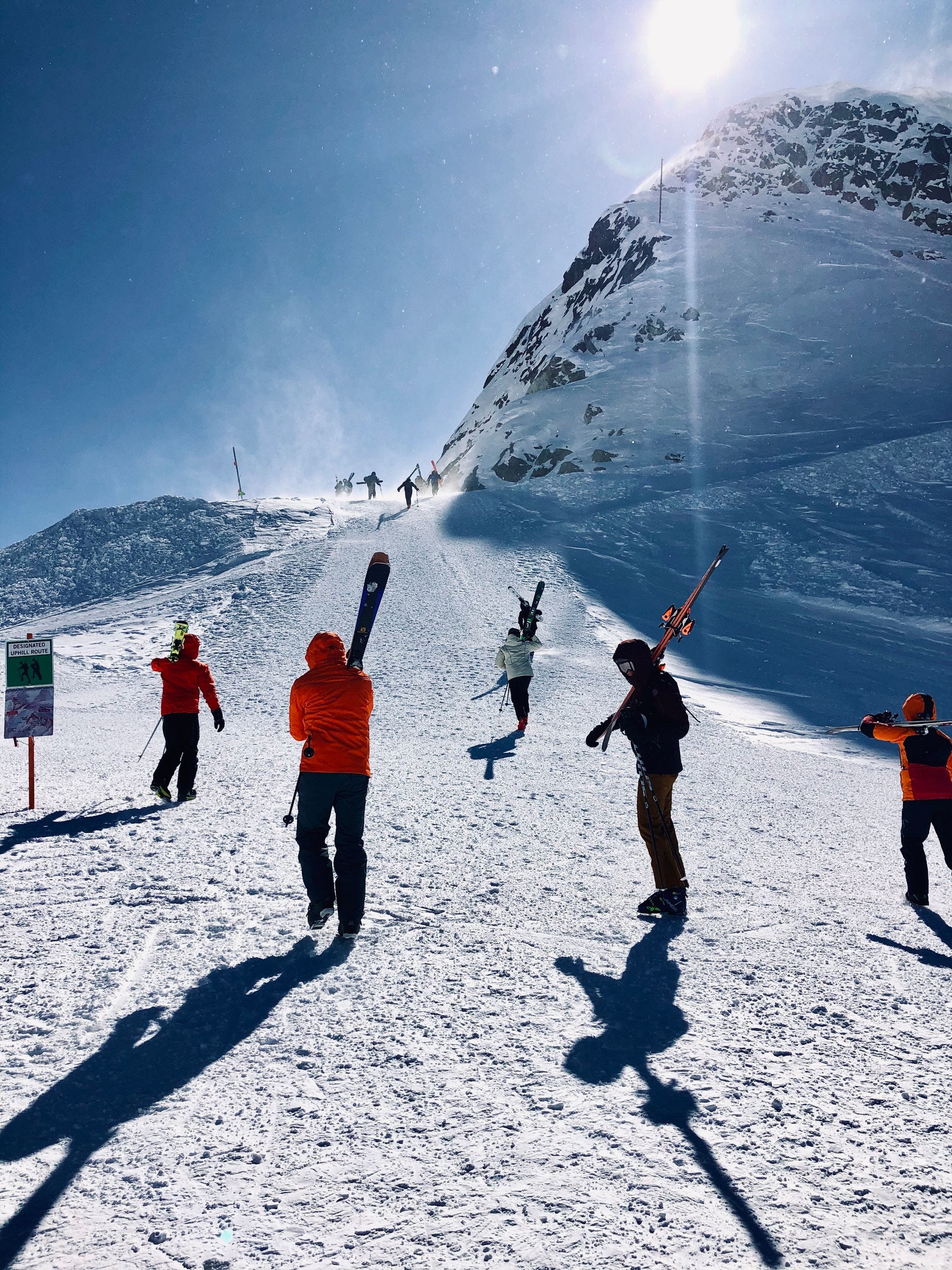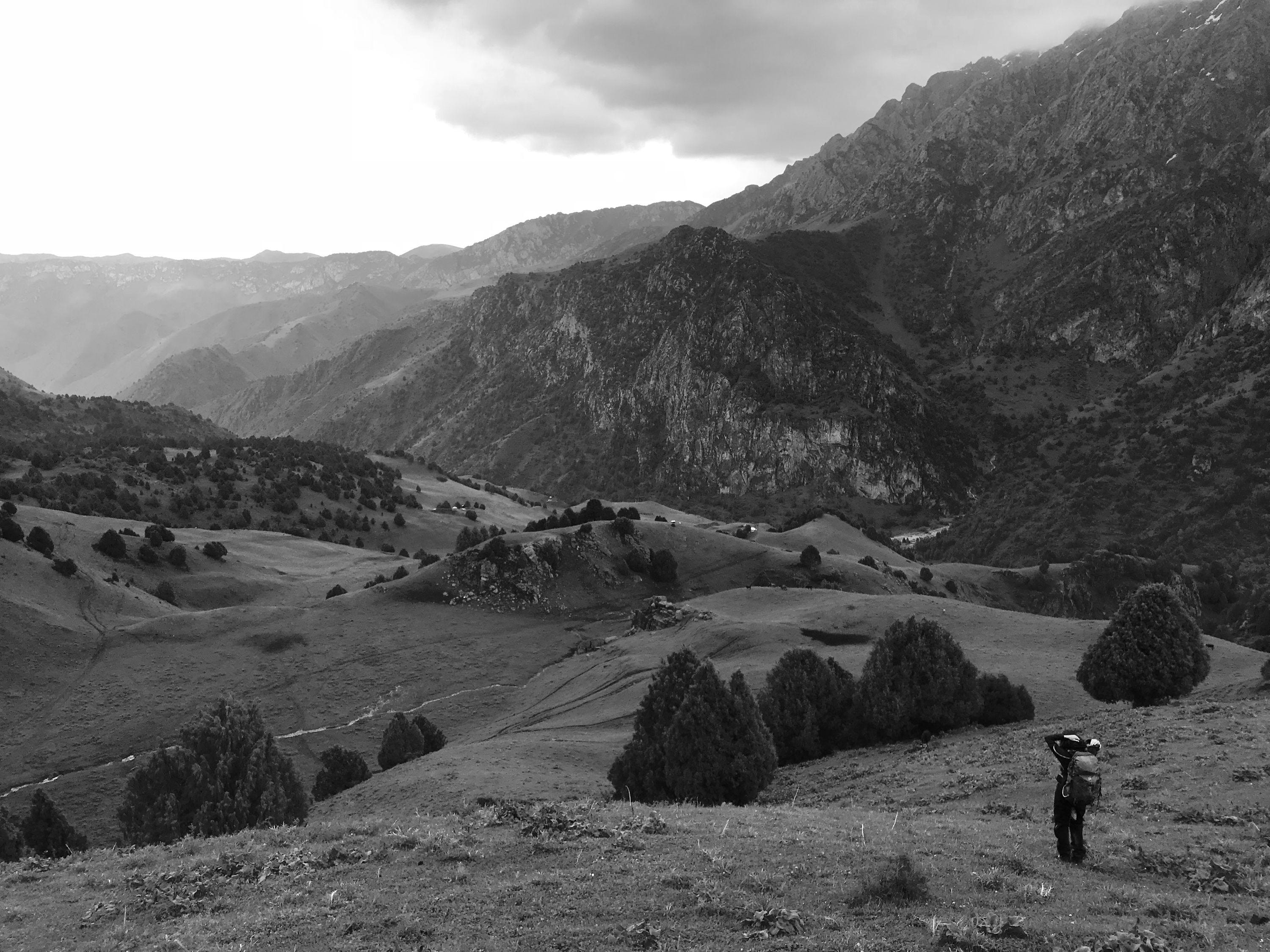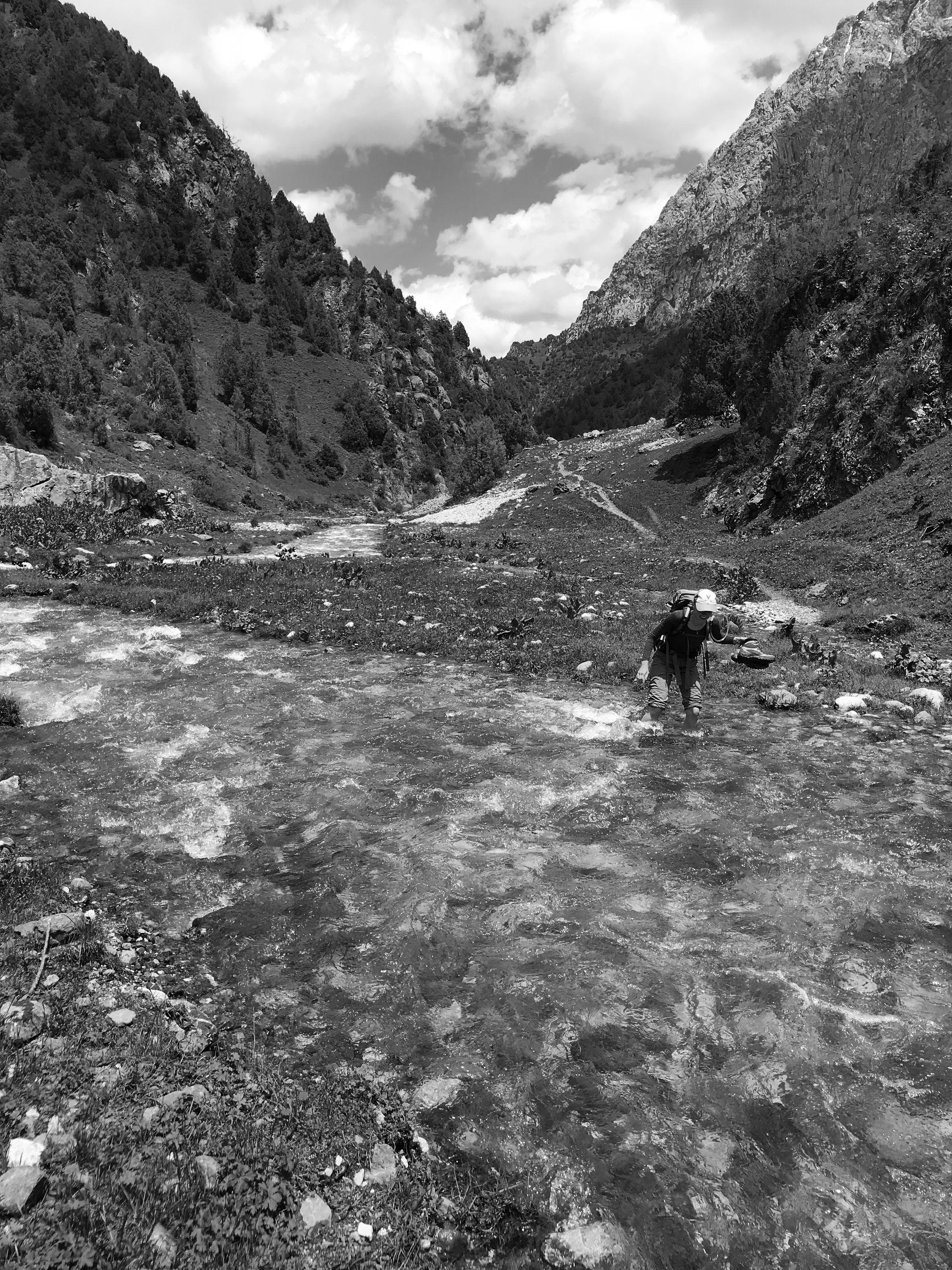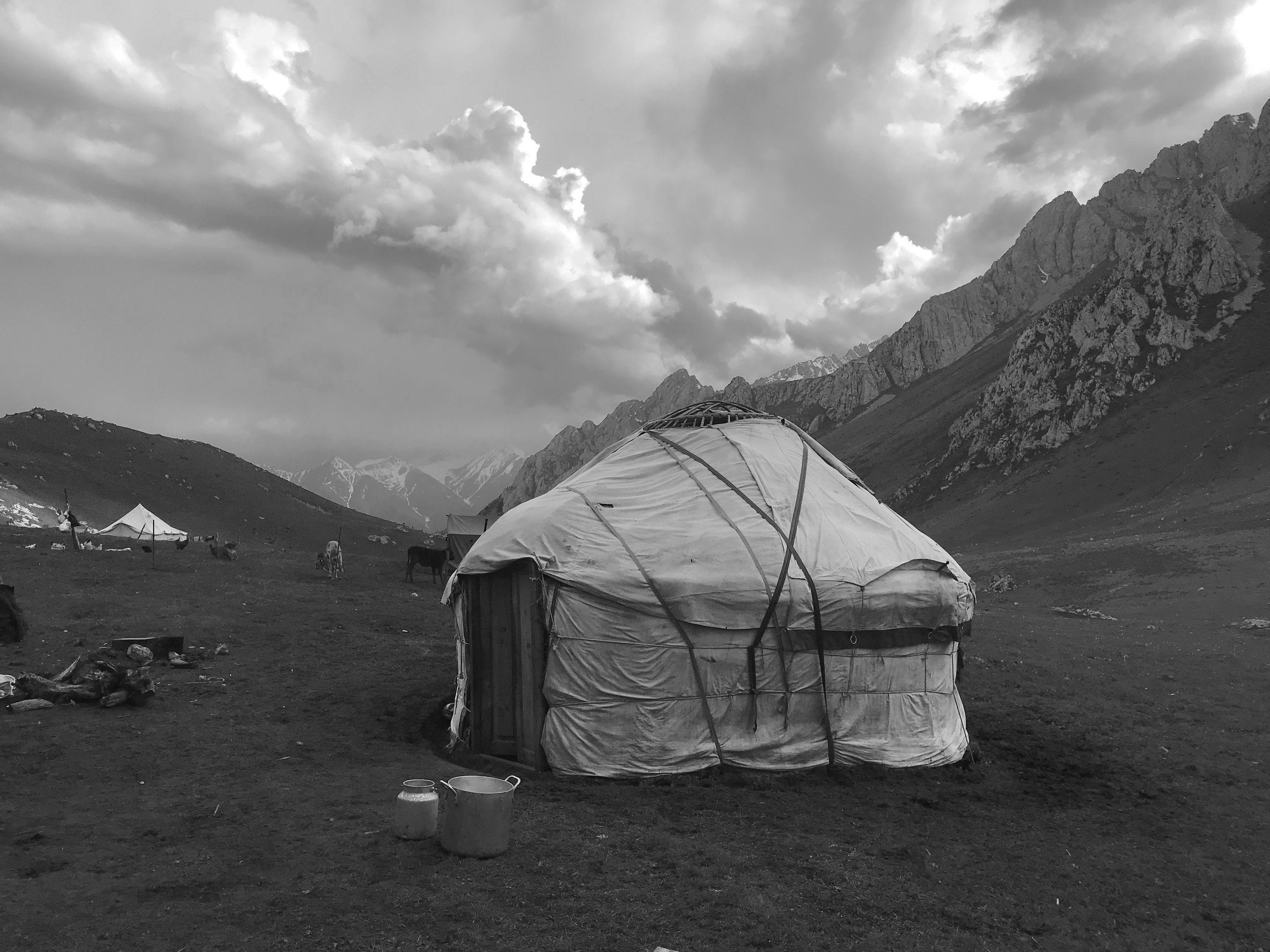I was tricked into thinking I had “grit”
I was tricked into thinking I had tons of grit as a student.
I worked hard in school. I put in long hours. I stayed up all night reading and preparing for debate topics, doing homework, writing essays.
It was easy for me to burn the midnight oil. I enjoy arguing. I enjoy reading. I enjoy math problems. I enjoy programming. I enjoy going down Wikipedia rabbit holes.
Somebody observing would or could have said I had “grit.”
In Range, David Epstein talks about how Daniel Kahneman (yes, that Daniel Kahneman) and the Israeli military failed to predict who would become leaders based on who had taken control during an obstacle course challenge.
It’s possible to show leadership or grit or enthusiasm in one area, and then fail to show it in other activities. We all knew a hard-working athlete who slept through class, and a bookworm who never practiced shooting baskets.1
In fact, I was (am?) one of those people with “grit” when preparing for tests but not when working out.
A list of things where I’ve traditionally failed to be consistently “gritty”:
- Running
- Lifting weights
- Writing
- Sticking to a diet
- Developing a wake-up/go-to-bed schedule
- Mindfulness
- Reading
- Networking
- Music (piano)
- Baking
- Cooking
- Programming
I’ve improved at some of them. But “grit” is too bold of a word to describe my slow, ebbing persistence.
This isn’t necessarily terrible. Epstein argues “grit” is overrated, and even cites Angela Duckworth2 as saying her message has been mis-understood. There’s value in re-evaluating, in not finishing the book or the project and moving on.
But it’s still important to try hard, to work hard, and to keep going. The reason I’ve stuck with the things I have isn’t because of grit, as I might have once believed. It’s because I enjoy doing them.
“If you get someone into a context that suits them,” Ogas said, “they’ll more likely work hard and it will look like grit from the outside.”
- “When I was a college runner, I had teammates whose drive and determination seemed almost boundless on the track, and nearly absent in the classroom, and vice versa. Instead of asking whether someone is gritty, we should ask when they are.” David Epstein, Range↩
- Author of Grit: The Power of Passion and Perseverance↩
